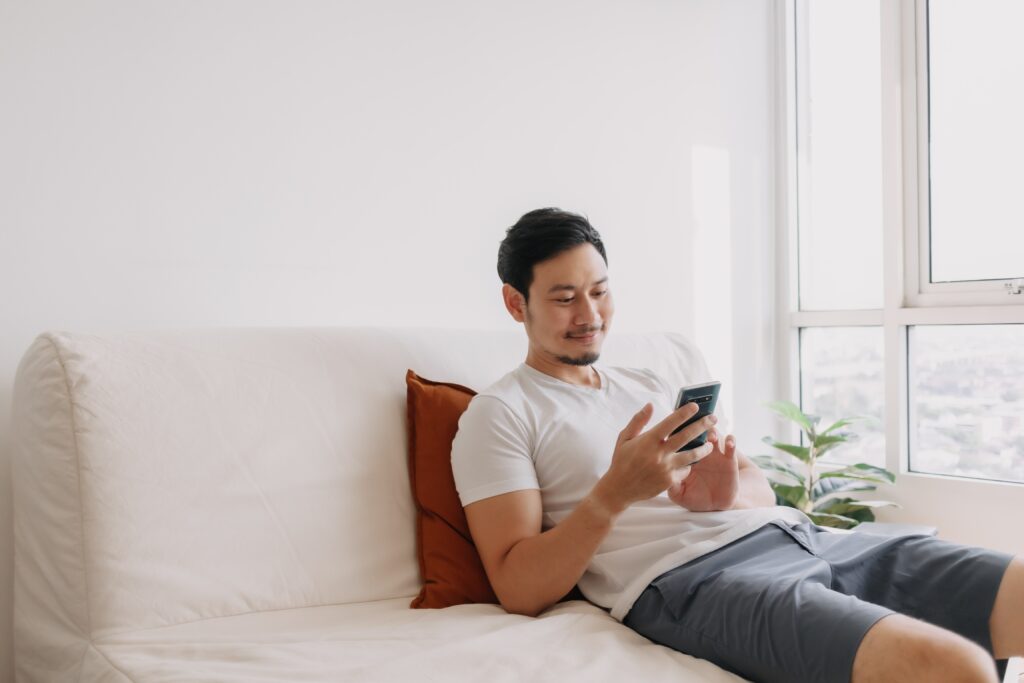We’ve all heard it: eight hours of sleep is the
golden standard. However, this one-size-fits-all approach does not take into
account the individual differences in our needs, lifestyles, and health. For
those with insomnia, aiming for this arbitrary eight-hour target can actually
increase stress, making a good night’s sleep seem even more out of reach.
Does this sound familiar? Let’s explore why it’s time to shift our
focus from quantity to quality when it comes to sleep.
Understanding Sleep Efficiency
Sleep efficiency is a concept that gives us a clearer picture of our
sleep health. It looks at the percentage of time you sleep compared to the total
time you’re in bed. Say you spend seven hours in bed but sleep for six; your
sleep efficiency would be around 86%. This measurement focuses on the quality of
your sleep rather than just how long you’re in bed, offering a more
tailored approach to understanding and improving your sleep habits.
Tracking Your Sleep Efficiency
To begin tracking your sleep efficiency, simply keep a log of how much time you
spend in bed versus how much of that time you are asleep. This doesn’t require
any special tools – just a notebook, and your best guess will do.
Calculate your sleep efficiency by dividing your total sleep time by the total
time spent in bed, then multiplying by 100 to get a percentage. This number will
give you a better sense of how effectively you’re sleeping, and tracking
it over time can help you make meaningful improvements to your sleep
quality.
The Advantages of Focusing on Efficiency
Paying attention to sleep efficiency rather than
fixating on a set number of hours has several benefits. Here’s why prioritizing sleep efficiency can
make a significant difference:
-
Tailored Sleep Understanding:
Acknowledges that everyone’s sleep needs are unique, allowing for a
more personalized sleep strategy.
-
Quality Over Quantity: Emphasizes the
importance of restful, deep sleep instead of just the number of hours,
leading to more refreshing mornings.
-
Reduced Sleep Anxiety: Alleviates the
pressure to achieve a specific number of sleep hours, decreasing stress
around bedtime.
-
Insightful Sleep Patterns: Reveals trends
and habits in your sleep, providing clarity on what changes may benefit your
rest.
-
Habit Improvement: Encourages adjustments
in bedtime routines and habits based on actual sleep quality, fostering a
healthier sleep environment.
-
Progress Tracking: Offers a measurable
way to see improvements in sleep over time, enhancing motivation and
commitment to good sleep practices.
Making Sleep Work for You
In the end, while the eight-hour sleep guideline may
be a useful generalization, it doesn’t suit everyone. By focusing on sleep
efficiency, you can work towards improving the quality of your sleep in a way
that suits your personal needs and lifestyle.
Sources
Measuring Sleep
Efficiency (National Library of Medicine)
Sleep Tracking
(National Library of Medicine)
The Best Sleep Trackers (National
Geographic)








